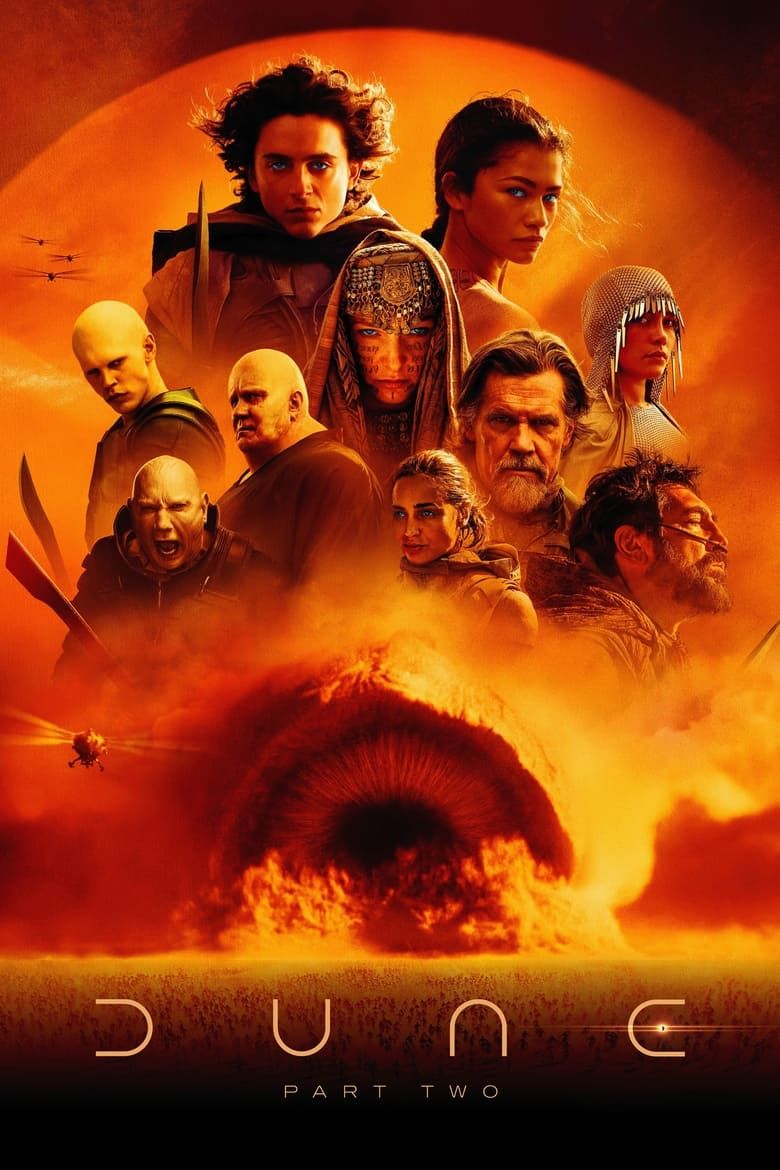Hans Zimmer, the visionary composer of scores for the films Interstellar, The Dark Knight, and both Dune films, shares his take on Denis Villeneuve’s sequel being categorized as “ineligible” for the Academy Awards to be celebrated next year. Zimmer adds fuel to the discourse by recognizing there’s a problem with the rules. Speaking to Variety about the score for Dune: Part Two, the composer was quick to react to the inevitable ineligibility issue, revealing that he thinks it’s an “odd problem.”
“You have to think of your themes and how you develop them over five hours. So, don’t tell me that makes me ineligible. It really isn’t about me, it’s about the movie.
I am potentially confronted with an odd problem… We’re not like
Pirates of the Caribbean
, you have a theme for Jack Sparrow that comes again. This is different.
Dune: Part One
and
Dune: Part Two
are one story, so it would make no sense for me to go and change the theme for the characters. I knew what the last note of the second one was before I wrote the first note of the first one, and I had the whole arc in my head of how to develop what we were going to do.”
The composer doesn’t seem very affected by the whole situation. Dune: Part Two will still be on the ballots for the Oscars, and he has already won the award for his work in the first part of Dune. Nevertheless, Dune: Part Two is one of those cases where a sequel arguably outdoes the first movie, at least in terms of the score. Zimmer continued to offer his opinion about the real problem with eligibility rules at the Oscars, saying:
“There was the story that I was ineligible. What you’re saying you shouldn’t be allowed to use this form of storytelling.
The Lord of the Rings
used this form of storytelling as well. They had one book and one story which they needed because of its sheer size and weightiness, they needed to divide into three parts. We are dividing it into three parts, but we had to split the first book.Here’s the thing, I’m not going to win an Oscar for the second one if I won an Oscar for the first one, which I did, right? That’s not the point. My point is be careful about these rules because what you’re doing is in the back of the studio’s mind, the Oscars are important, and you’re influencing the way you are saying whether we can create art or not. You’re saying you can’t do that because we won’t allow art to be nominated. We should have the freedom to find ways to create whatever comes to us. Denis made the right choice by splitting a heavy-duty book into two parts.”
The Absurdity of the Academy’s Rules
And this isn’t the first time this has happened. In the past, the Academy has refused to accept entries in the Best Original Score category for various reasons. This has restricted artists from being able to showcase some of their best work simply because they’re working on sequels and decide to add an excerpt from other works, or make decisions that enhance their score. It is arguably an absurd position by an organization that has tried to be progressive in every aspect. As critical as it sounds, cinema is going through a process where sequels and franchises are ruling the box office, and therefore the entire industry.
Related
Josh Brolin Threatens to Quit Acting if the Oscars Snub ‘Dune 2’
Josh Brolin holds some very strong opinions about the Academy’s treatment of director Denis Villeneuve.
It’s hard to even imagine John Williams not being nominated for all his Star Wars films (he was nominated for several films in the franchise) or his Indiana Jones films, just because the iconic themes were present in all the entries. To highlight the absurdity even more, some of the other films that have been ineligible in this category include Jóhann Jóhannsson’s score for Arrival, which was disqualified because it included pieces of Max Richter’s “On the Nature of Daylight,” The Dark Knight, which was removed from the race because too many composers participated in the making of the film, and even The Godfather score, composed by Nino Rota, which was disqualified because it had parts of the music he used in the 1958 film Fortunella. Ironically, years later Rota would win an Oscar for his work in the sequel The Godfather Part II.
Source link


















Add Comment